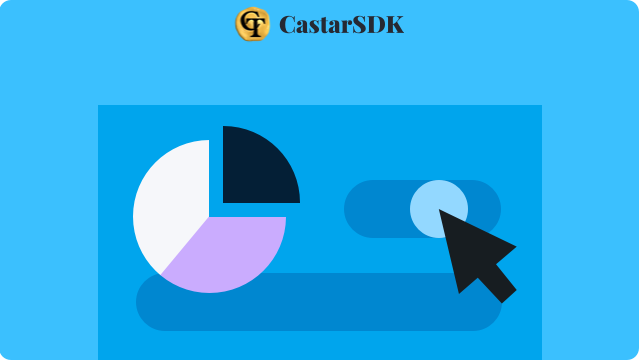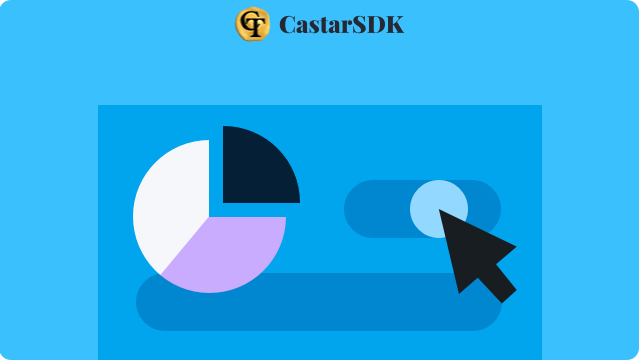
Third-party cookies are closely related to the modern advertising industry. They record user behavior and integrate data from different platforms, and are one of the important tools in the mobile ecosystem. But in recent years, this phenomenon is undergoing earth-shaking changes.
With Safari and Firefox blocking tracking cookies by default, Google has also announced that it will gradually phase out third-party cookies in Chrome, and the rules of app marketing and monetization are bound to change. A new era is coming, are you ready?

What the Fall of Third-Party Cookies Means for Apps
Third-party cookies are the core tools for ad tracking and user targeting. They can easily identify user behavior, so as to accurately place ads and maximize ad revenue. However, due to the increasing emphasis on privacy protection, regulatory policies and user attitudes have changed, and third-party cookies are being completely removed.
This means that the advertising profit method you used to be accustomed to is in crisis, and your app profit plan will be invalid in the future.
App Monetization Needs to Change
Many apps rely on advertising for profit, especially free apps, which use advertising alliances as their core source of income. Whether it is an advertising alliance or some statistical analysis SDKs, they often rely on cookies to track data and analyze sources. Once these data sources are restricted, user behavior data cannot be tracked and analyzed, the advertising unit price and delivery efficiency will drop significantly, and the application revenue will begin to shrink.
In this case, developers need to find new profit solutions to free the application from the dilemma of advertising.
Solutions: Passive Monetization and Privacy-Friendly Models
More and more developers are trying to monetize in a way that does not rely on user identification and complies with privacy policies:
● Passive profit scheme: Take CastarSDK as an example. The background monetization model it provides does not require advertising, does not affect application performance, does not rely on user privacy data, and only generates passive income through idle resources of the device. This model is being adopted by more and more developers.
● Subscription or one-time purchase: Build a loyal user base, increase payment conversion rate, and reduce dependence on advertising.
● Contextual Ads: Relying on content recognition, displaying ads based on content or usage scenarios, without tracking users.
How Developers Can Prepare in Advance
A new era of app marketing and monetization is coming, and developers should start to transform and increase the ability of apps to resist risks.
Start by evaluating the degree of reliance of the app monetization model on cookies, optimize the user experience, and reduce the app’s reliance on intrusive ads. At the same time, try to introduce more sustainable monetization solutions, explore SDK monetization solutions and alternatives that do not require ads, and choose value-added services, membership systems, background monetization and other models to construct a new profit system, and realize the transformation of app revenue in the new environment.
Opportunities in the Midst of Change
The demise of cookies has brought considerable challenges to the app market, but it has also opened up new ideas for app monetization. For developers who are willing to actively transform, this may be the first great opportunity to overtake others.
Are you ready to find a new profit solution for your app to welcome a future without cookies?
